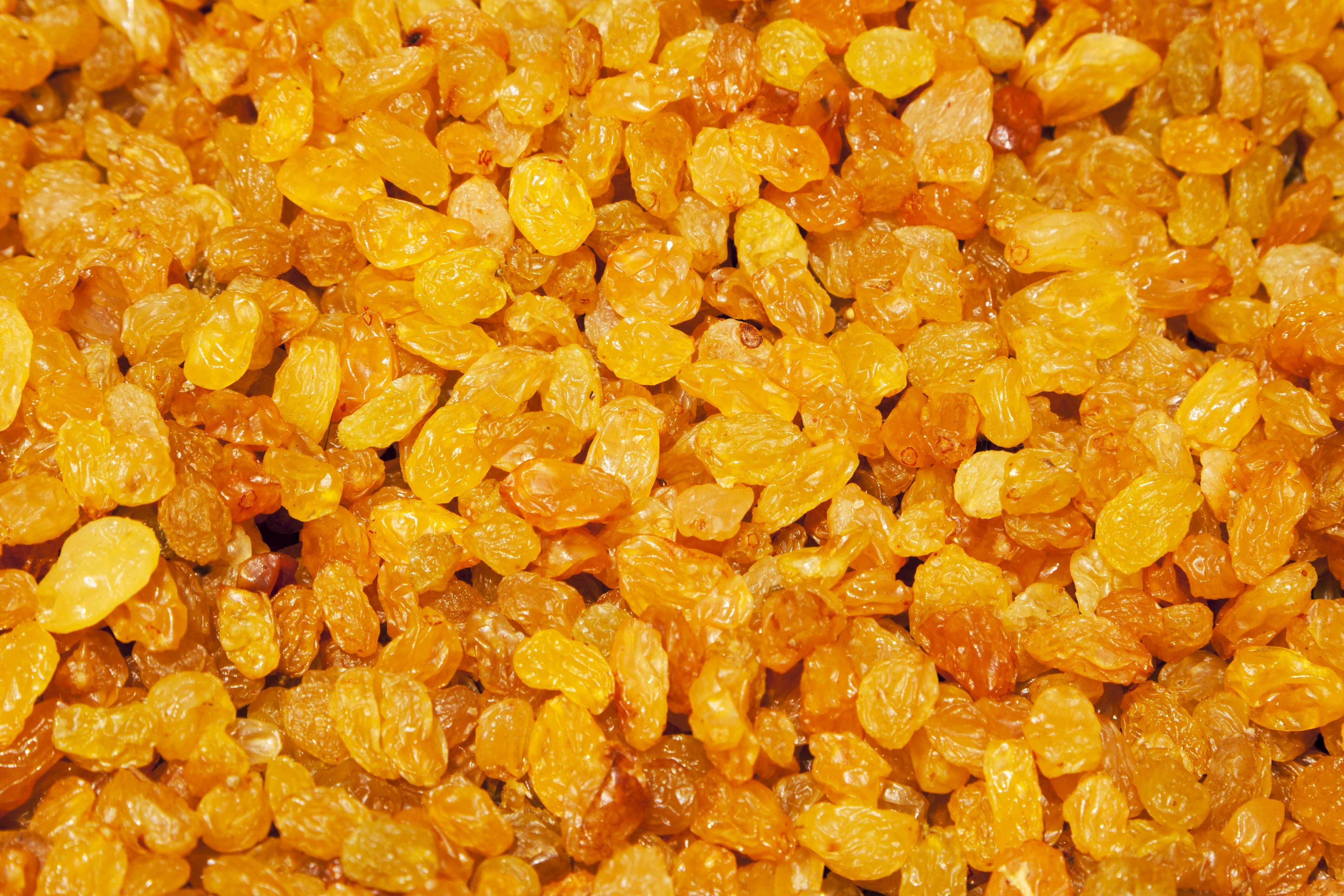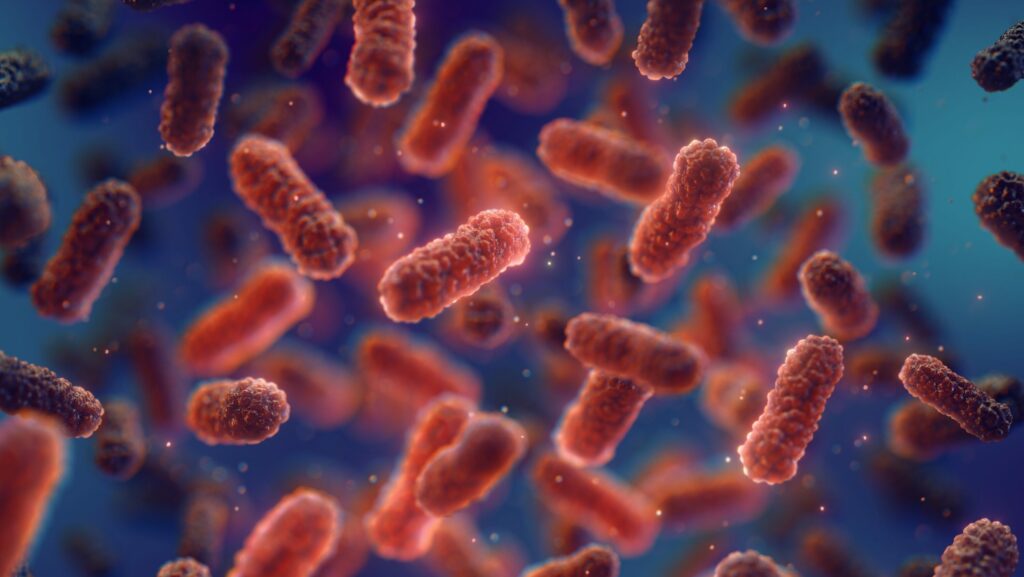
The WHO reports that 1 in 6 women suffer from iron deficiency anemia (IDA), among women of reproductive age (15-49). [1] Despite various iron supplements on the market, many solutions fail to address the core challenges of poor iron bioavailability, and the side effects associated with increased iron intake, such as the growth of enteric pathogens. [2] TCI837, TCI’s exclusive probiotic Lactiplantibacillus plantarum strain presents an innovation in iron supplementation, offering enhanced absorption without common drawbacks.
Developed using TCI bioresource mining technology, TCI837 is a probiotic isolated from raisins and specifically chosen for its unique properties in iron absorption. Unlike traditional probiotics or supplements, TCI837 does not compete with the host for iron. Instead, it works with the body by inducing mucin secretion in intestinal cells. [3] This mucin binds to iron, facilitating better absorption and reducing the likelihood of unabsorbed iron fostering pathogenic bacterial growth. [4,5]

Learn more about TCI probiotics
TCI837 is an award-winning probiotic for iron supplementation, recognized with the Silver Award at the Seoul International Invention Fair for its novel approach to improving iron absorption. It represents a powerful and innovative solution for iron deficiency, particularly for women who are most vulnerable to IDA. In addition, TCI837 also supports gut health by inhibiting the growth of harmful pathogens and promoting beneficial bacteria, addressing common side effects seen with traditional iron supplements. Its proven efficacy, combined with its gut-friendly formulation, makes TCI837 a groundbreaking solution for businesses seeking to offer a superior, scientifically backed iron supplement.
* Data from TCI internal study
| Cookie | Duration | Description |
|---|---|---|
| cookielawinfo-checkbox-analytics | 11 months | This cookie is set by GDPR Cookie Consent plugin. The cookie is used to store the user consent for the cookies in the category "Analytics". |
| cookielawinfo-checkbox-functional | 11 months | The cookie is set by GDPR cookie consent to record the user consent for the cookies in the category "Functional". |
| cookielawinfo-checkbox-necessary | 11 months | This cookie is set by GDPR Cookie Consent plugin. The cookies is used to store the user consent for the cookies in the category "Necessary". |
| cookielawinfo-checkbox-others | 11 months | This cookie is set by GDPR Cookie Consent plugin. The cookie is used to store the user consent for the cookies in the category "Other. |
| cookielawinfo-checkbox-performance | 11 months | This cookie is set by GDPR Cookie Consent plugin. The cookie is used to store the user consent for the cookies in the category "Performance". |
| viewed_cookie_policy | 11 months | The cookie is set by the GDPR Cookie Consent plugin and is used to store whether or not user has consented to the use of cookies. It does not store any personal data. |
For any further question, please feel free to contact us Email:tci-us@tci-bio.com